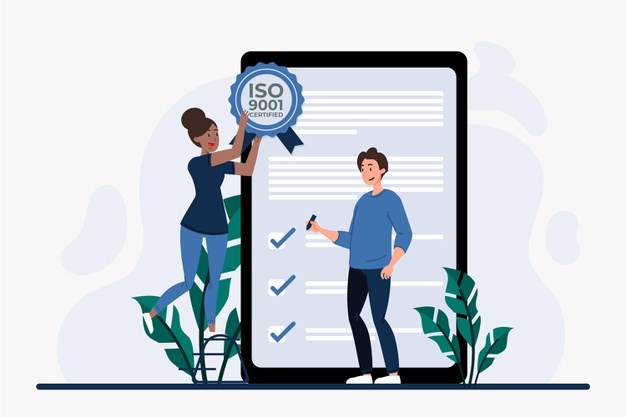All Workshops

7 – 8 February 2022
Nugegoda, Sri Lanka

Workshop on Quality Assurance (QA) in teaching – Part I
16-17 November 2021
Online

23-24 September 2021
Online
Workshop on Quality Assurance (QA) in teaching
Part II
7-8 February 2022
The second on-site part of the workshop ‘Quality Assurance (QA) in Teaching’ was successfully held at the Faculty of Technology of the University of Sri Jayewardenepura (USJ) on February 7-8 in the course of the LBS2ITS project. Presentations were delivered from the project members ranging from concepts and needs of the quality plan and its implementation within LBS2ITS on the curriculum development process in terms of outcome-based education and online tools for course evaluation. Apart from these presentations, group work took place where effective strategies and tools for course evaluation and student feedback were discussed. The outcome of the discussion of practical problems from the evaluation will lead to the improvement of the overall teaching-learning environment. The concept and content of an App-based student feedback system were developed, which will be implemented in the coming weeks and employed in the LBS pilot courses to be taught at all four Sri Lankan partner Universities.
Online workshop on e-learning and
PBL pedagogy
23-24 September 2021
In addition to overviewing the current literature on adoption of PBL in geodesy, geoinformation and transport, this workshop also discussed the level of PBL implementation in all seven partner universities of the LBS2ITS Erasmus+ project.
LBS2ITS (Location-based Services to Intelligent Transport Systems) is an Erasmus+ funded project with the aim of curricula enrichment delivered through the application of LBS to ITS for Sri Lankan partner universities. The project also aims at, not only enriching the curriculum, but also at providing a fully immersive and integrated teaching and learning experiences. One way of doing this is through the introduction of PBL into the new modernised and enriched LBS courses. Consequently, PBL as a pedagogic method was presented at a LBS2ITS virtual workshop in September 2021. The aim of the workshop was to introduce, define and describe PBL to all partner universities. Further aim of the workshop was for every partner to present their current courses and if they already use any facets of the PBL pedagogy. Consequently, all partners shared their experiences, which provided the opportunity for the exchange and fruitful discussion.
Some of the main questions that we aimed to answer during the workshop: What are the challenges of implementing PBL in geodesy, geoinformation and transport engineering education? At what level do students have to be in order to be successful in PBL? How do we determine a good problem that will stimulate and encourage learning that encomapasess the desired learning outcomes? What are the challenges and constraints set up by the university bodies? Is a mix of traditional learning methods and PBL a good compromise where obstacles are presented?
In addition to PBL, this workshop presented some principles of e-learning and all partners shared their experience of e-learning and how it changed and improved during the COVID-19 global pandemic.
The PBL workshop consists of online and onsite portions. This text summarises the online portion and the onsite will be held in Sri Lanka in 2022.
